People have to go through trials and tribulations to get where they at. Do your thing – continue to rock it – because obviously, God wants you here- Kendrick Lamar
Crap happens in life. We all know it. We all experience it. The irritating daily problems, like workplace jealousy or the bad boss. Traffic. Politics and the media and what the dude you went to high school with thinks about national security. Then, there’s the bigger life challenges. Loss of employment. Family struggles, arguing too much, kids not doing well in school (or even talking to you). Then the huge stuff. Losing the house. The family. Death of a loved one. Involvement in the criminal justice system.
We have two ways through these challenging moments: skillfully or blindly. We may not always be aware of how to manage skillfully, but we can learn.
Being in Colorado, I’ve had the pleasure of being able to go on a few whitewater trips. Great fun, but the benefit is, you’ve got a river guide that knows how to navigate the rapid, and a bunch of other people in the boat along with you. That works as a metaphor, as far as it goes, if you have a strong support network and are seeking guidance in working through t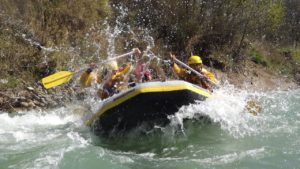 he challenges your’e experiencing. On the other hand, I’ve had the opportunity to do some individual kayaking before.
he challenges your’e experiencing. On the other hand, I’ve had the opportunity to do some individual kayaking before.
In 2008, the Army decided…in it’s infinite wisdom…to take a bunch of Recruiters who had gone back to the line and pull them back into Recruiting for a month. The only summer I had between two combat deployments, and I was pulled away from my family again so I could go back to the East Coast and help boost the Army’s enlistment numbers. That may be a story for a whole different post, but one of the benefits was, while I was there, I was able to get some kayaking in.
I spent some time in Fredericksburg, VA, and every weekend I’d go down to the Rappahannock and rent a kayak. The Rappahannock doesn’t have a lot of extreme whitewater; I think the most challenging rapids might have been Class III, and I don’t pretend that I’ve done anything close to what Russell Davies does, but for someone new to the sport, it’s just enough of a challenge to make things interesting.
It was there that I realized that this could be a metaphor for what we experience in life. We’re traveling along, things are going pretty well, it’s calm. You don’t need a lot of skills to move along, just being carried by the current of life. Then something changes. The water starts to run faster, chop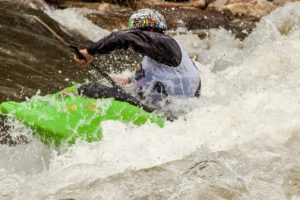 piness starts to crop up. Rocks are just under the surface, or poking out: we’re headed for rough water. We may have seen it coming, or we may not. If we’ve never been through this stretch, we might not know what’s ahead, and it may be above our skill level to navigate. Regardless, we’re in it now, so we might as well figure it out. We splash and paddle, we may try to ramp a rock in a vain attempt to just jump out of the rapids, but shortcuts rarely work. Then…it’s over. There’s calm river on the other side, the rapids don’t last forever. They may have seemed that way, when we were in the middle of them, but they do eventually end.
piness starts to crop up. Rocks are just under the surface, or poking out: we’re headed for rough water. We may have seen it coming, or we may not. If we’ve never been through this stretch, we might not know what’s ahead, and it may be above our skill level to navigate. Regardless, we’re in it now, so we might as well figure it out. We splash and paddle, we may try to ramp a rock in a vain attempt to just jump out of the rapids, but shortcuts rarely work. Then…it’s over. There’s calm river on the other side, the rapids don’t last forever. They may have seemed that way, when we were in the middle of them, but they do eventually end.
So here are some thoughts on how to navigate the rapids of life, in the same way that we would navigate rapids on a river.
If you think you can’t do it, then you won’t be able to
Our mindset controls our actions. If we think about things negatively, with absolutes, then we are going to be absolutely negative. If your thought is, “There’s no way I’m going to get through this,” then there really is no way that you’re going to get through it. It’s simply not going to happen, because you’ve decided, either consciously or unconsciously, that it’s not going to happen. This is a typical response when faced with severe life challenges, and big rapids. “Screw this,” we say to ourselves, and look for a way out. Retreat. Disengagement. Checking out. Pulling ourselves out of the river of life, stuck in a swirling side pool, maybe turning to something mind-numbing to keep us from having to figure out how to navigate. Take a look at the trials you’re facing, and face them, don’t avoid them. Be safe, be accurate, but most importantly, be.
Accurately assess what level of rapids you’re going through
Looking at the descriptions of life’s challenges at the beginning of this article, you can start to see where I’m going with this. The small life challenges are Class I rapids. Maybe Class II at high water. Nothing majorly challenging, not needing a whole lot of advanced skills to navigate. If we react to them as if they were Class V rapids, though, we’re going to be doing it wrong. We would be living life way too aggressively. Similarly, the major life stuff are Class IV and Class V rapids…if we approach them with a mindset of they’re nothing but Class II rapids, we’re seriously underestimating the challenging we’re going through. We could also be overestimating our abilities. If we are able to accurately understand what level of challenge we’re experiencing, we’re well on our way to figuring out how to navigate.
Develop the skills you need to navigate safely
If we find ourselves slamming into Class III rapids repeatedly, and doing barrel rolls and getting smashed against rocks every time, we have one of two choices: continue to get beat to crap, and develop some skills. The life skills I’m talking about here are learning how to tolerate distress. How to reduce personal suffering. How to recognize and manage our emotions. Learning how to talk to each other, how to deal with people. These skills that we develop can help us successfully navigate the rapids that come up in our life, rather than just blindly blundering through.
Recognize, and celebrate, the other side of the rapids
When we’re in the middle of life’s crap, it’s hard to see out the other side. We may think that there’s no hope on the horizon, that this stretch of bad is going to continue for days. One of the easiest ways to calm ourselves in the midst of these challenges is to understand: there’s going to be a time after this where life’s not so challenging. It’s going to be different, certainly. Just as we never step into the same river twice, we are never the same person after traveling along the river. We have the experience of the trials we just went through, we might have the cuts or bruises or after effects lingering. We’re certainly going to have some sore muscles, if we did it right, because it was hard work. However, once we’re through it, we need to take the time to recognize that it’s over. Just as there was a clear beginning, there is a clear ending to this transitional messy place. If we start to anticipate the next set of rapids when we complete this last set, then we’re robbing ourselves of an opportunity to learn from our experiences. Life becomes nothing but a rush from one crisis to the other, and that’s not an enjoyable life…especially if we don’t have the skills.

How we navigate the rapids that crop up can lead to a more pleasing, peaceful, and purposeful life. We have the choice to learn how to do it, or to not to learn how to do it. Finding someone to help us develop the skills we don’t have is critical.

The Head Space and Timing Blog is supported by the Colorado Veterans Health and Wellness Agency, a 501(c)3 Nonprofit in Colorado Springs, Colorado. The goal of the CVHWA is to provide military culturally competent mental health counseling to veterans and their spouses, regardless of characterization of discharge, time of service, or era of service. Our vision is to assist veterans to identify and remove barriers to their mental, physical, emotional, and behavioral wellness. For questions or inquiries, contact us!
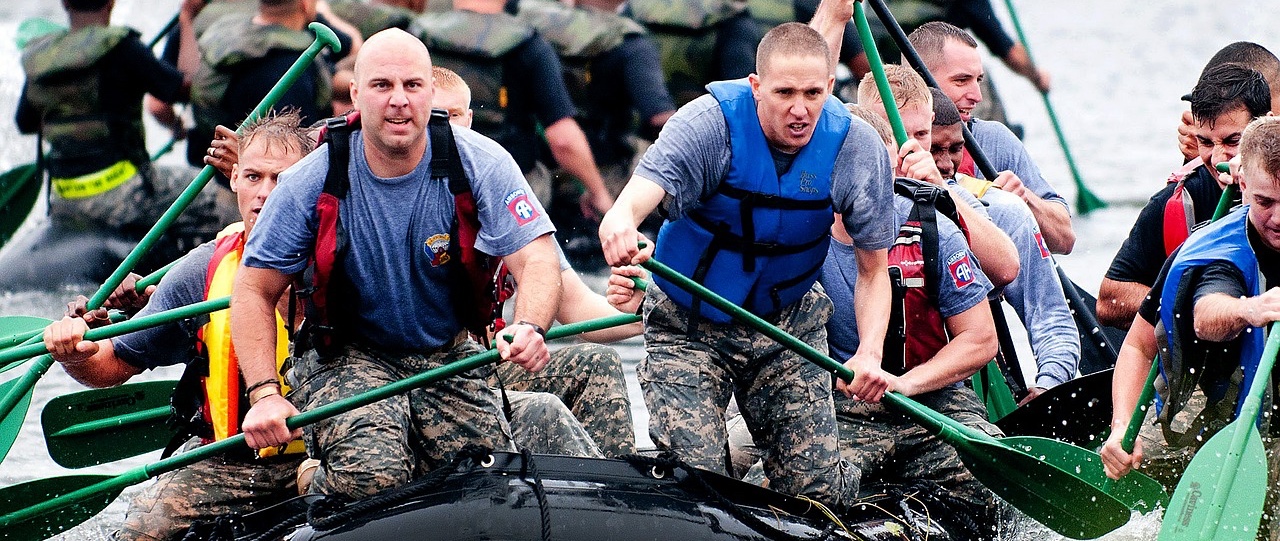

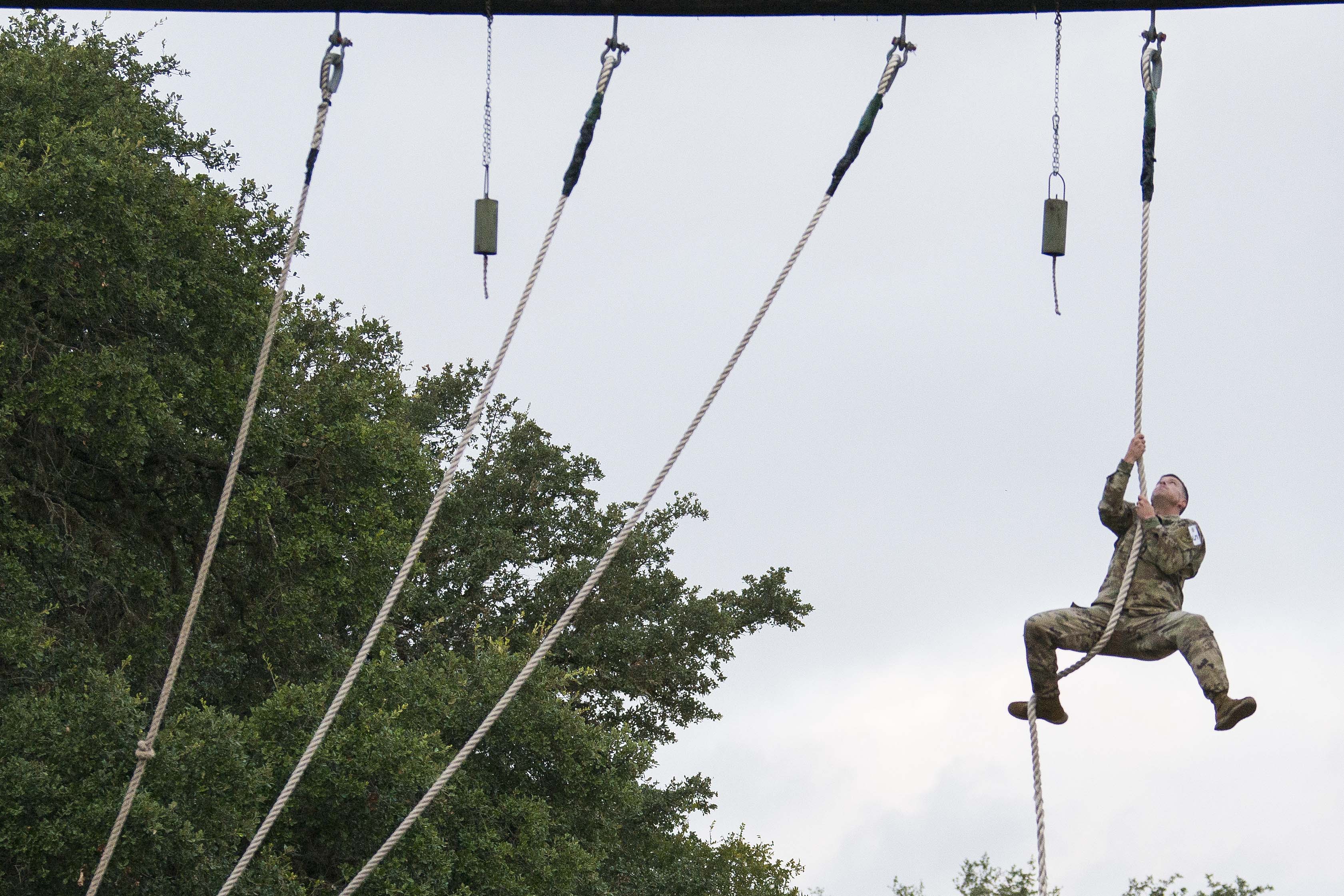
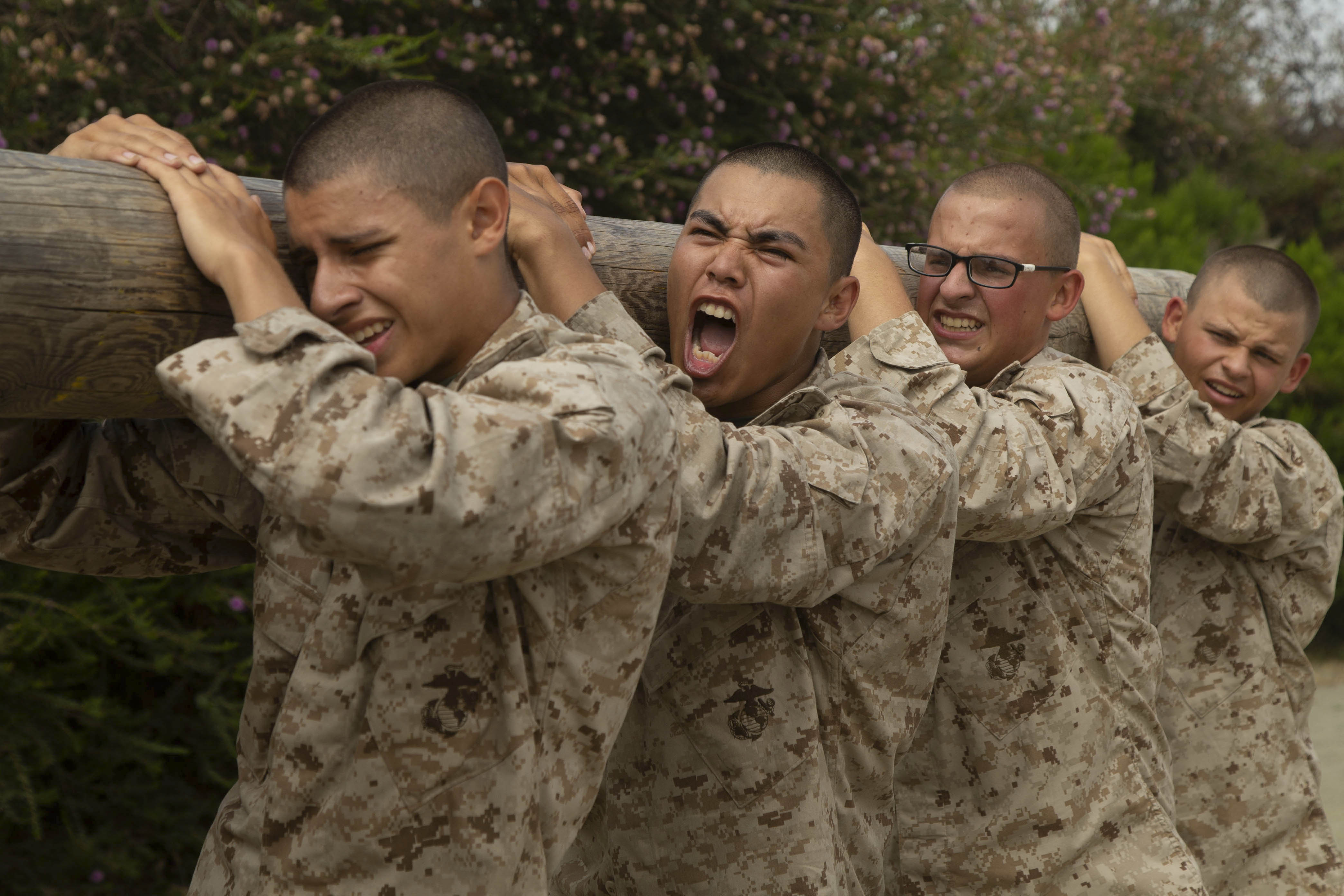
1 Comment
Deployments and Separation: Long Distance Relationships, Military Style · November 21, 2017 at 8:10 am
[…] on my hands, so I did things like go on a ten mile run through the Gettysburg battlefield and go kayaking down the Rappahannock…all with my wife’s approval and blessing, of course. It doesn’t change the fact that […]
Comments are closed.